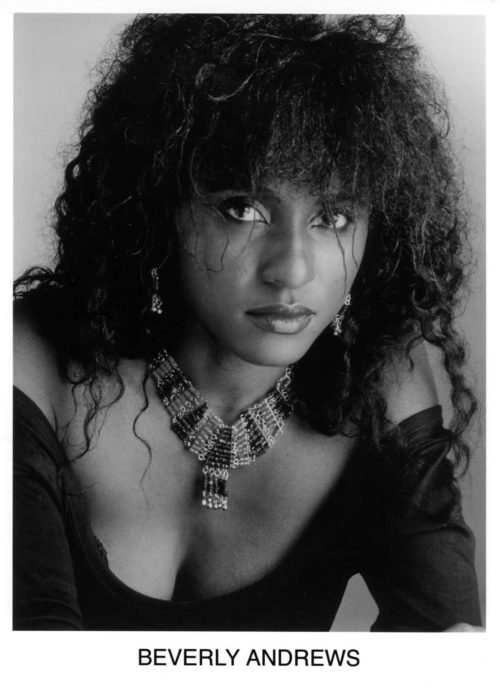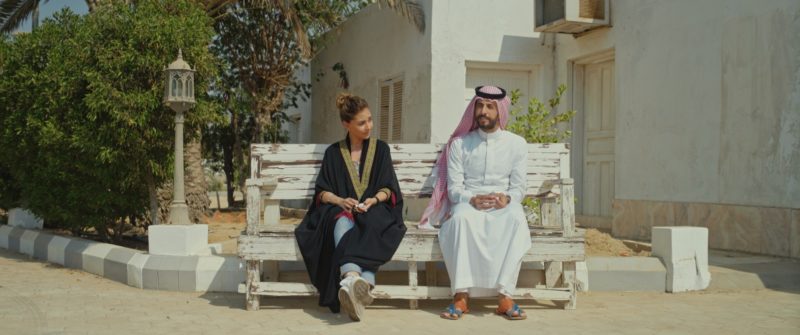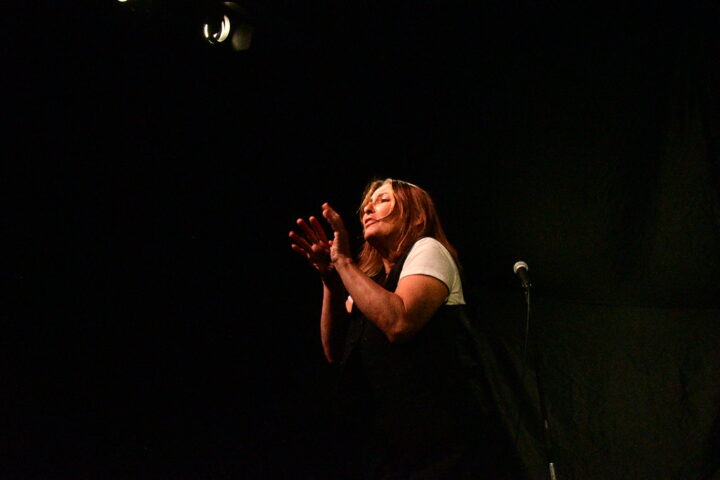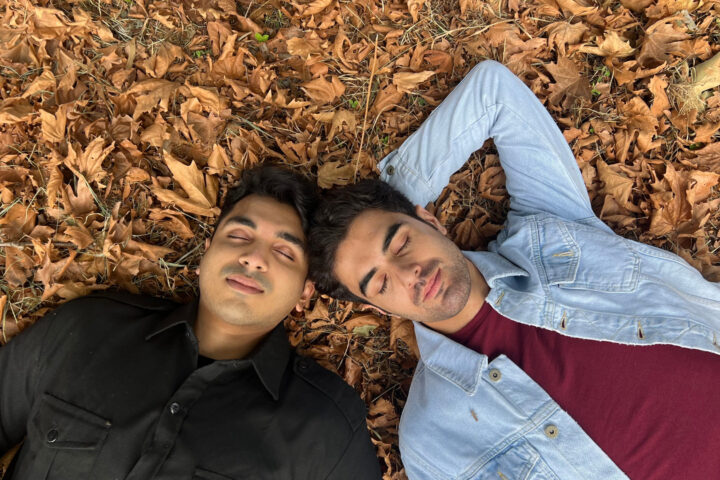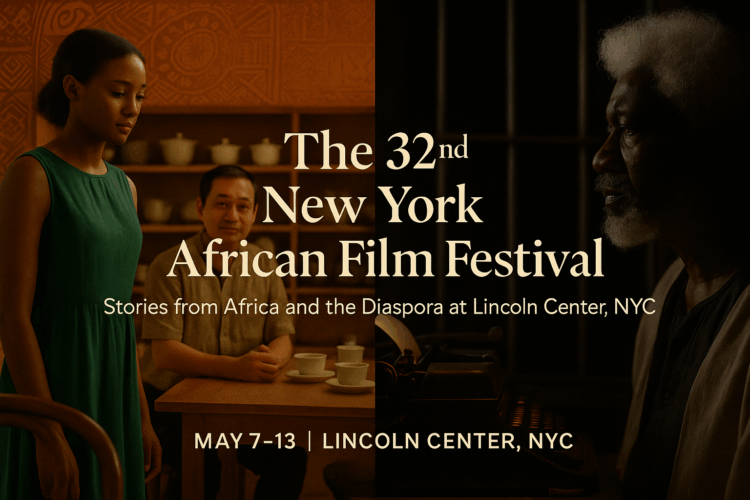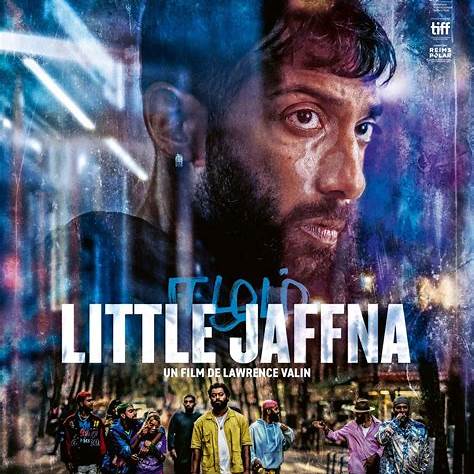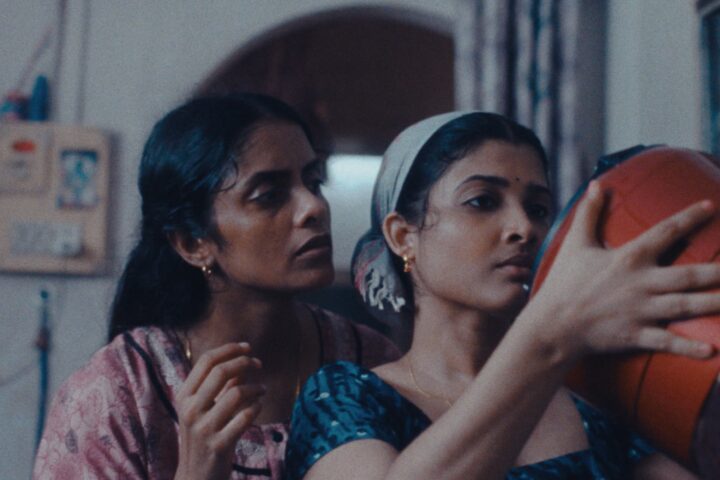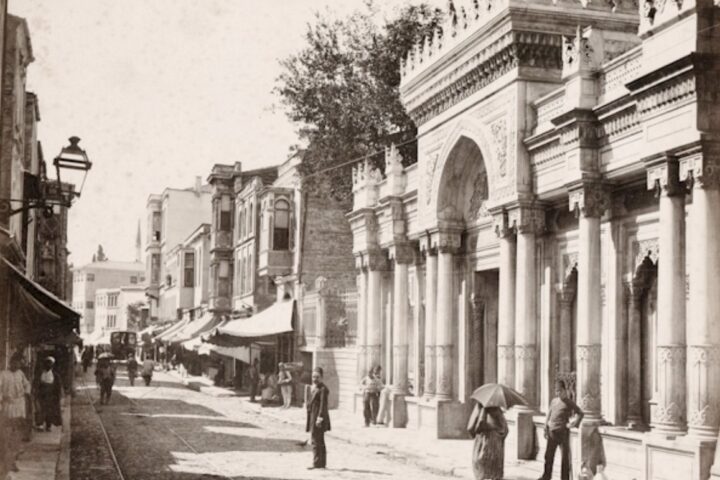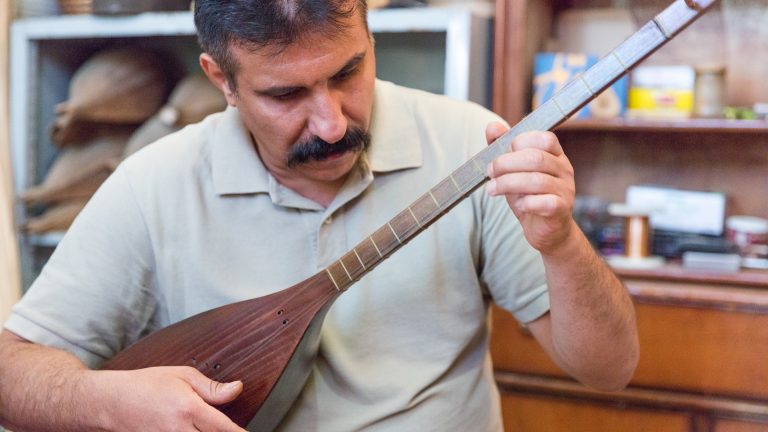Film festival curators often say that if you want to spot the rising talents of the future simply go to the world's current conflict zones and you will find them there. This statement was very much born out at this year's BFI London Film Festival, which premiered two films from countries affected by the so called Arab Spring but who have, at least for now, escaped its bloodier consequences. Both countries have produced quiet, unexpected films which are a delight. “A Day for Women” from Egypt and Saudi Arabia's feature film “Barakah Meets Barakah” are both refreshing and enchanting with startlingly original perspectives of a world we think we know but one which in reality we don't really know at all. Both films go a long way in challenging our entrenched prejudices.
A Day for Women
A Day for Women, directed by Egyptian female director Kamla Abouzekri, is a charming testament to female empowerment where we look at the consequences of a decision taken by a local youth sports centre to open its swimming pool one day a week to women only. Slowly this relatively small, inconsequential decision has an enormous impact on these women's lives. The area in which the story takes place is a small and relatively poor Egyptian neighbourhood. And the women who live there are, at least on the surface, religiously conservative so few venture into the pool at the beginning. The first one brave enough to take up the offer is a young woman with learning disabilities. Ostracized by most in the neighbourhood, she never the less is brave enough to buy a western-style swimsuit and go swimming. In no time at all she lands a boyfriend and through her example, manages to fill the pool with most of the women from the neighbourhood. Some swim in proper swimming costumes while many choose to swim in variations of their daily dress. But all now happily swim together in the pool.
A Day for Women beautifully delineates how this simple communal act causes class barriers to fall and the women to begin to talk honestly with each other. A woman who was considered the scandal of the neighbourhood because she had posed nude for local painters when she was young, confesses to her loneliness, since the mother of the one man she truly loved would not allow her son to marry her. As the woman starts to cry the other women, many of whom had in the past condemned her actions, crowd around to comfort her and slowly they start to see her for the first time as an individual. Another woman still suffering the pain of bereavement after the sudden death of both her husband and child also finds love again in the shape of the swimming pool's handsome lifeguard, a man who had always loved her but had simply never found the opportunity to tell her so. A Day for Women is a welcome antidote to much of the world's headlines on the Islamic region as we see the gradual evolution of change.
The film reaches a dramatic conclusion when the girl who was the first to swim in the local pool is condemned by a local religious zealot who sees her kissing her boyfriend one night. But instead of the other women also condemning her, as they might have in the past, they now, all close friends, accept her explanation, that it was simply a kiss and nothing more and instead they force her accuser to leave the neighbourhood. A beautiful example of female solidarity formed in the waters of the municipal swimming pool.
Barakah Meets Barakah
“Barakah Meets Barakah” is no less an original film since it’s a Saudi Arabian first romcom; and a funny, touching one at that. This lovely first feature by filmmaker Mahmoud Sabbagh charts the rather tricky road of true love between Hisham Fageeh playing a minor civil servant, Barakah and free spirit and fashion blogger Bibi, charmingly played by Fatimi al-Banawi. The two meet as Barakah spots her at a fashion shoot. Preparing to issue a ticket to the director of the shoot for contravening Saudi Arabia's strict moral code, he changes his mind on meeting Bibi and is immediately entranced by her willingness to if not break the rules, stretch them as far as she possibly can.
Meeting her again at an underground art gallery opening the two commit to meeting again, this time as a couple. The problem being; where do you go for a first date in a country that does not encourage dating? What is a very simple task in most countries is one which is thwarted time and again in this religious conservative kingdom. Throughout their frustrating search, the director points out that these views are a recent creation and how his parents’ generation and particularly his grandparents’ lived far more liberal lives. The film slowly becomes a snapshot of contemporary Saudi life, a society where the young are no different from the young in any other country. Underneath both Bibi’s and Barakah's conservative outer dress for instance, both wear torn jeans and sneakers, a dress code recognized by the young everywhere and a metaphor in many ways for the film itself since Sabbagh suggests that what the young want in this country is in fact no different from what the younger generation desire around the world, a wish to simply shape their own lives. Finally giving up on having a first date the couple are unexpectedly brought together by Bibi's adoptive mom who relents and invites Barakah to a family gathering where the two eventually find themselves alone in a deserted part of the garden, where they finally find space to have their first real date.
Both “A Day for Women” and “Barakah Meets Barakah” suggest in their own sweet way how change is in fact inevitable but social change initiated through dialogue is one which is far more likely to remain true and lasting.
FΩRMIdea London, 5th November 2016.

